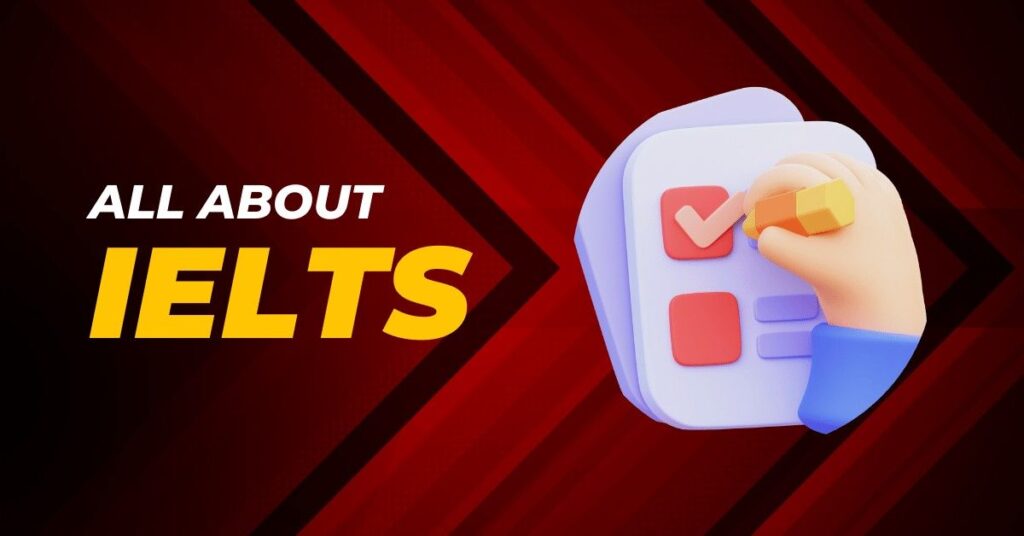IELTS (International English Language Testing System) is a very popular course. Those of us who want to go abroad for study or work, the most important thing we need is the IELTS certificate.
I’m writing this article because many people ask me, “I want to do IELTS. How should I start?”
Here we make two common mistakes.
First, we think anyone can start IELTS from any level. We believe there are no special requirements for this course.
Second, many people think that we must do an IELTS course before taking the exam.
In this article, I’ll explain these two points clearly.
What is IELTS?
IELTS is an English language test. This test checks how good your English is. The IELTS certificate proves how well you can use English.
The exam checks 4 skills:
- Speaking – how well you can talk in English.
- Listening – how well you can understand English when you hear it.
- Reading – how well you can read and understand English.
- Writing – how well you can write in English.
Why is IELTS important?
If we go to a country where the main language is English, or even if the country speaks another language but their school or workplace uses English, then they want to know:
Can you talk with them properly?
Can you understand them?
Can you do official work in English?
To be sure, they ask for your IELTS certificate.
Types of IELTS:
There are two types of IELTS:
- Academic IELTS – for people who go abroad to study.
- General Training IELTS – for people who go abroad to work or immigrate.
Both exams are almost the same, with a few small differences.
Now let’s talk about the two common mistakes:
❌ Mistake 1: Anyone can start IELTS at any level
Many people think, “I can start IELTS even if I know little English.”
But IELTS is not like a Spoken English course. In Spoken English courses, they teach you basic grammar, daily vocabulary, and simple sentences.
But IELTS is an advanced course. In IELTS, no one teaches basic English. They assume you already know that.
In the IELTS course, you will:
- Practice speaking, listening, reading, and writing a lot
- Learn tips to score high
- Improve your pronunciation, synonyms, opposites, and how to make advanced sentences
- Learn how to speak English with confidence
👉 So if you don’t know basic grammar and daily vocabulary, and if you can’t use English in daily life, then it’s better to first learn basic English, then join an IELTS course.
❌ Mistake 2: Which institution should I join for IELTS?
Remember, IELTS is not a regular school course.
IELTS is a test, managed by British Council, IDP Education, and Cambridge English.
If your English is already good, you don’t need to do any course. You can directly register for the test from British Council or IDP-approved centers.
So why do people join IELTS courses?
Because IELTS is an advanced English test, it is different from general English.
You need to know:
- The exam format
- Types of questions
- How to answer
- How to score well
- Tips and tricks
These are taught in IELTS courses.
So if you think you can learn from YouTube, Google, and free websites, then practice by yourself, give free mock tests, and check your scores. If you’re confident, you can take the exam without any course.
But if you think you need help from a teacher, or want to feel more confident, then you can join an IELTS course.
So, joining a course depends on your own need and choice.
Final Advice:
Now you should have a clear idea about IELTS.
If someone asks me, “Should I join a course for IELTS?”
I’ll say:
👉 First, try learning from YouTube.
👉 Watch free lessons, take free mock tests, and check your results.
👉 Then decide if you need to join a course.
Today, many free resources are better than paid ones. But the most important thing is:
- Work hard
- Practice a lot
- Stay engaged
- Search and learn every day
If you do this, InshaAllah, you will be ready for the IELTS exam with full confidence.
